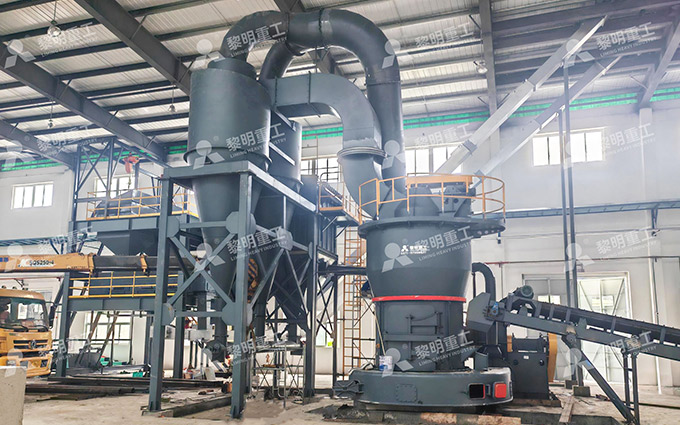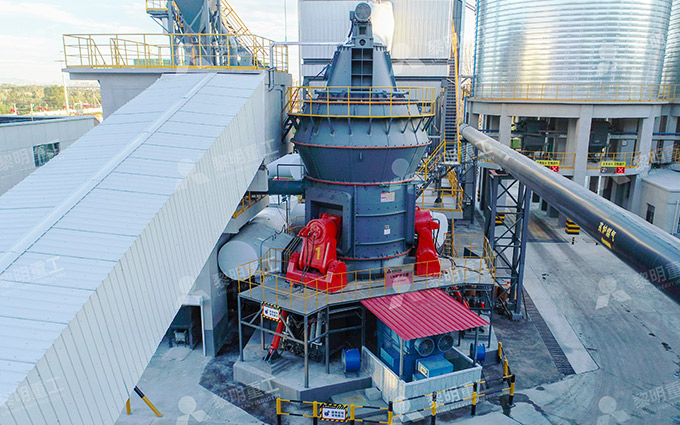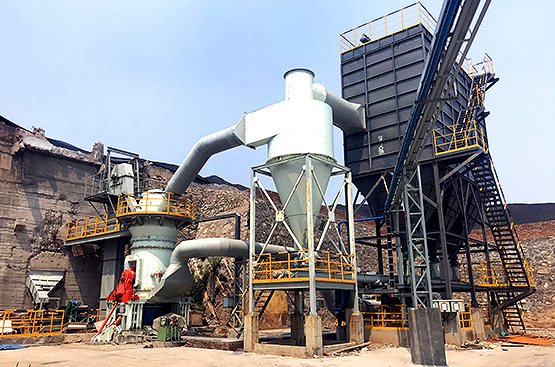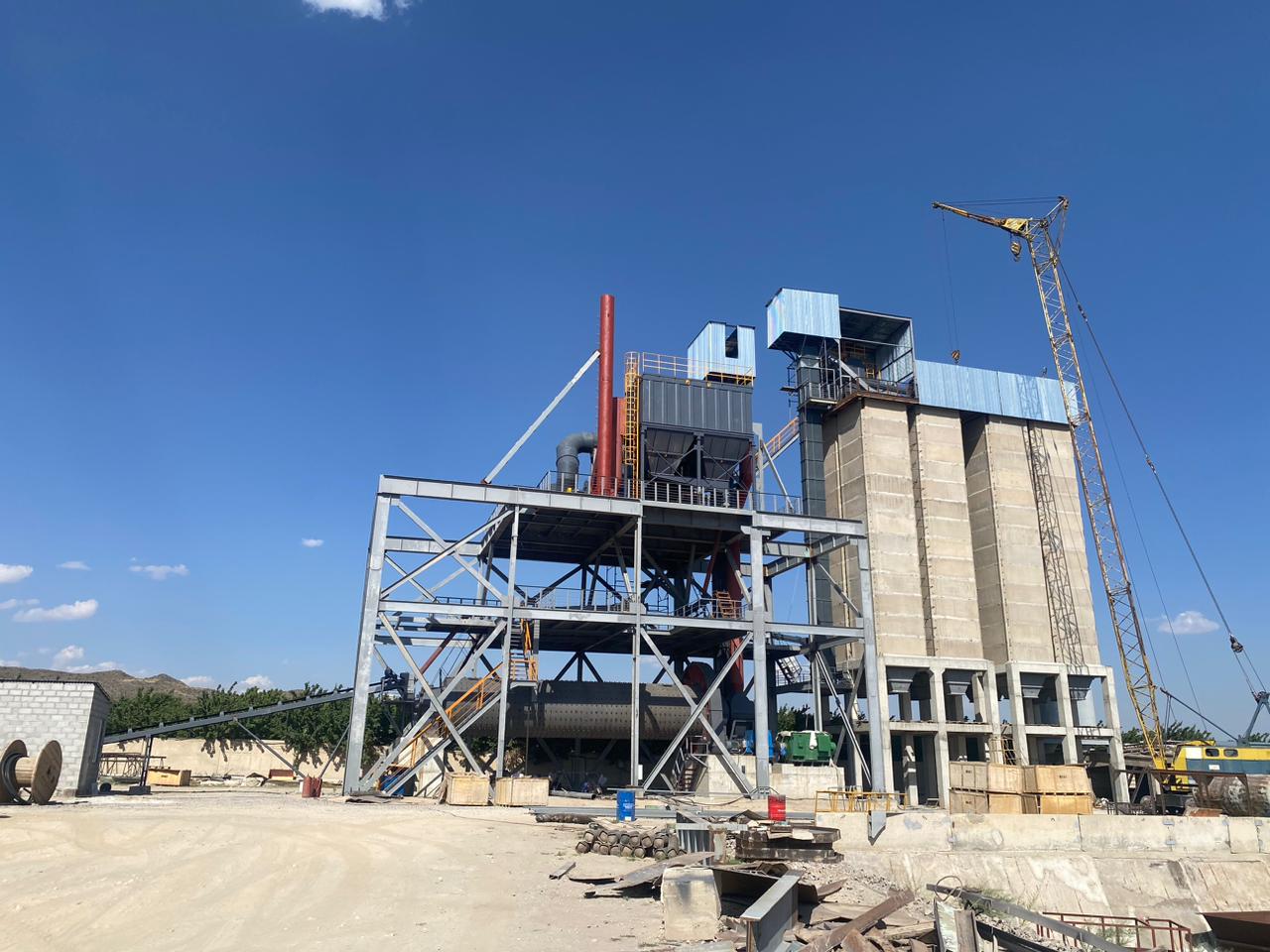Industry News
Quartz Sand Grinding Systems: Key Considerations for Plant Design
2025-09-04 09:22:39
We are Liming Heavy Industry, a manufacturer of various types of industrial crushers, such as Raymond Mill, Trapezoidal Mill, Vertical Mill, Ultrafine Mill, Ball Mill, etc.
Our mills can process the following minerals:
limestone, quicklime, kaolin, talc, barite, bentonite, calcium carbonate, dolomite, coal, gypsum, clay, carbon black, slag, cement raw materials, cement clinker, etc.
If you need a mill to process stone or minerals into powder, please feel free to contact me (WhatsApp: +86 153 3380 7511). Thank you.
Establishing a quartz sand grinding facility demands a careful balance of equipment durability, particle size control, and operating efficiency. Because quartz is both abrasive and hard, unsuitable machinery can quickly wear out, drive up costs, and reduce consistency in final products.

Defining Product Requirements
The starting point is the required particle size. Glassmaking, casting, and construction each call for different fineness grades. Coarse processing is often handled with ball or rod mills, while finer powder—particularly below 20 microns—typically requires vertical roller mills or specialized ultrafine equipment. Matching equipment to the end-use application ensures both product quality and cost control.

Addressing Material Hardness and Capacity
Quartz has a Mohs hardness of 7, meaning robust wear-resistant liners and grinding media are essential. For producers targeting high throughput, vertical roller mills and Raymond mills offer stronger efficiency than conventional ball mills. Systems fitted with integrated classifiers also allow tighter control of particle size distribution.

Operational and Environmental Factors
Dust suppression is a critical concern in quartz grinding due to potential health risks and environmental regulations. Closed-circuit designs combined with high-performance dust collectors help maintain a safe working environment. Automated controls and maintenance-friendly layouts further reduce labor intensity and downtime, which is particularly important in larger installations.

Final Thoughts
Selecting equipment for a quartz grinding line is a process of aligning fineness goals, production scale, and safety requirements. A well-chosen system improves energy efficiency and lowers lifecycle costs. Partnering with equipment suppliers and conducting on-site performance trials provides valuable assurance that the chosen technology will deliver long-term results.







